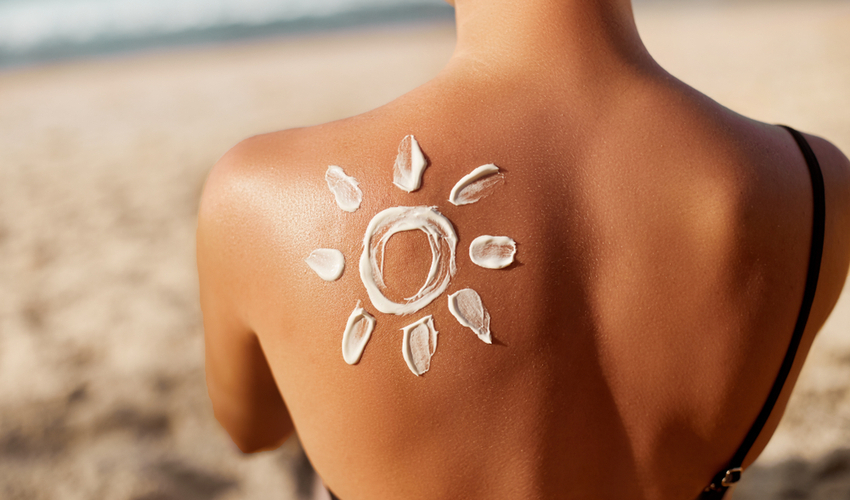
When it comes to caring for the skin, every person has unique needs. The only exception is that everyone needs to wear sunscreen. No matter your skin type or tone, or health history, you should be wearing sunscreen every day. While the best sunblock to use for your skin may differ, everyone needs to wear sunscreen. Wearing it every day is one of the best defenses against skin cancer, which can ultimately save your life. Sunscreen is also a great way to prevent sun damage that causes wrinkles and dark spots.
Wear Sunscreen on Cloudy Days
While cloud cover can ease the warming effects of direct sunlight, it cannot stop the sun’s ultraviolet (UVA and UVB) rays from causing skin damage. When it is cold or cloudy outside, it can give you a false sense of security that they do not have to worry about exposure to the sun, but even if your skin does not feel the heat of the sun, it can still be damaged.
Frequently Reapply Sunscreen
There are many reasons people need to reapply sunscreen frequently, even when using a high SPF product. It sounds reasonable to think SPF 50 means you can be out in the sun 50 times longer, but that amount of time changes for everyone and depends on the time of the year, time of day, and other variables. There is also an aspect of sunscreen called substantivity.
Substantivity relates to the effectiveness of sunscreen under prolonged exercise, sweating, swimming, and exposure to the sun. Even high SFP sunscreen gets oxidized by the sun, which renders them less effective over time. It is not easy to figure out how long sunscreen remains effective for each person.
Dark Skin Needs Protecting Too
People with dark skin tones tend not to experience sunburn as often as those with fairer skin when exposed to sunlight. Unfortunately, even if you do not get a sunburn, unprotected sun exposure increases your risk for skin cancer and accelerated signs of aging. So, no matter how dark you are, use sunscreen daily.
Incorporate Vitamin D into Your Diet
It is common for people over 30 to experience Vitamin D deficiency. As we get older, our bodies are not as efficient at processing nutrients from the foods and drinks we consume. Since the skin can absorb vitamin D, doctors in the past would prescribe sun exposure to treat vitamin D deficiencies.
Today, we know that the risk for skin cancer is a lot more critical than receiving a boost in vitamin D from the sun. Instead, most doctors will recommend that you incorporate rich vitamin D foods into your diet and take a vitamin D supplement every day. If you do spend long periods in the sun, you should still apply sunscreen.
